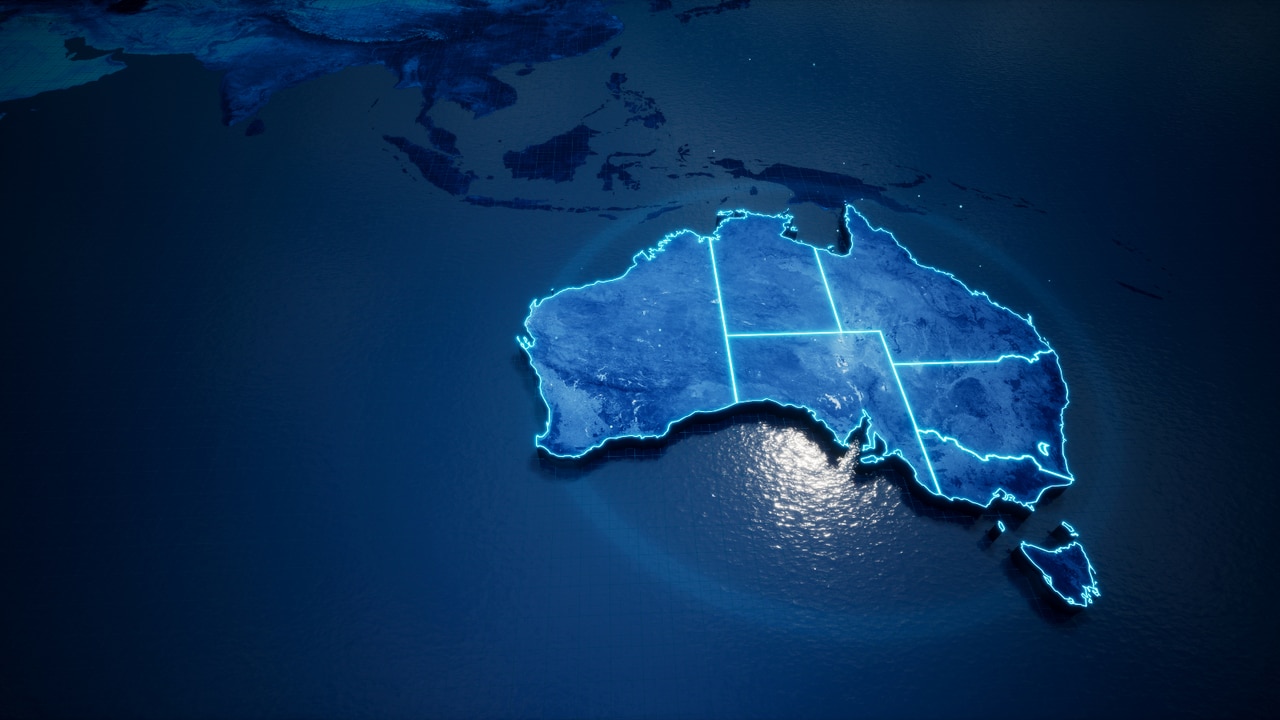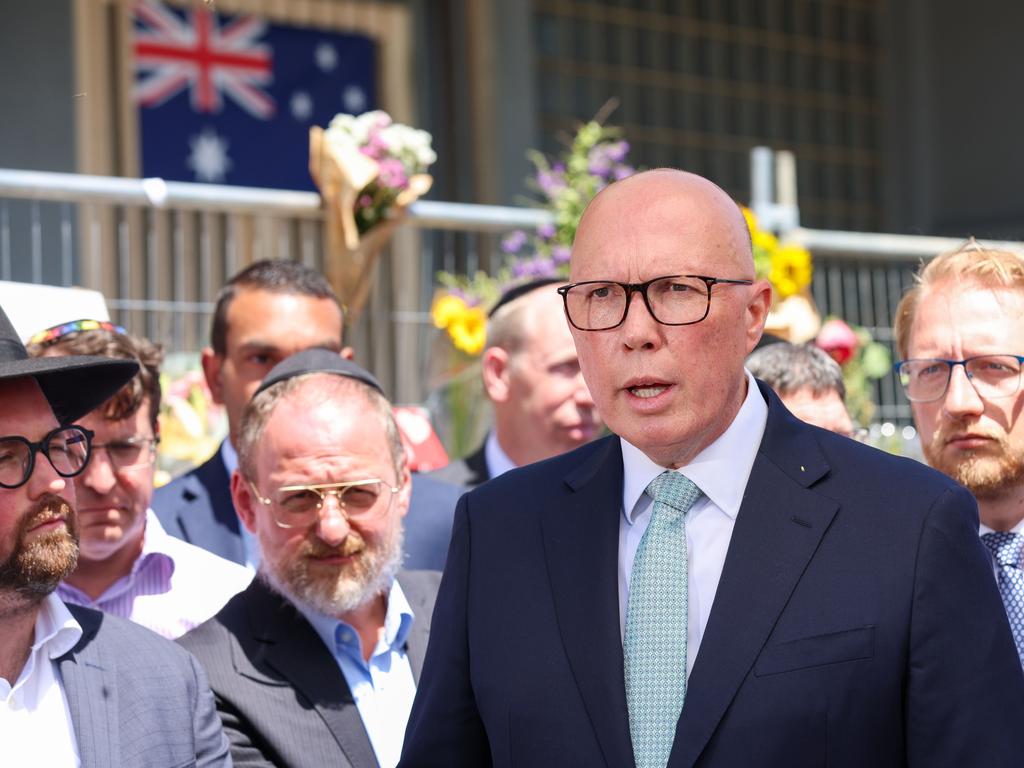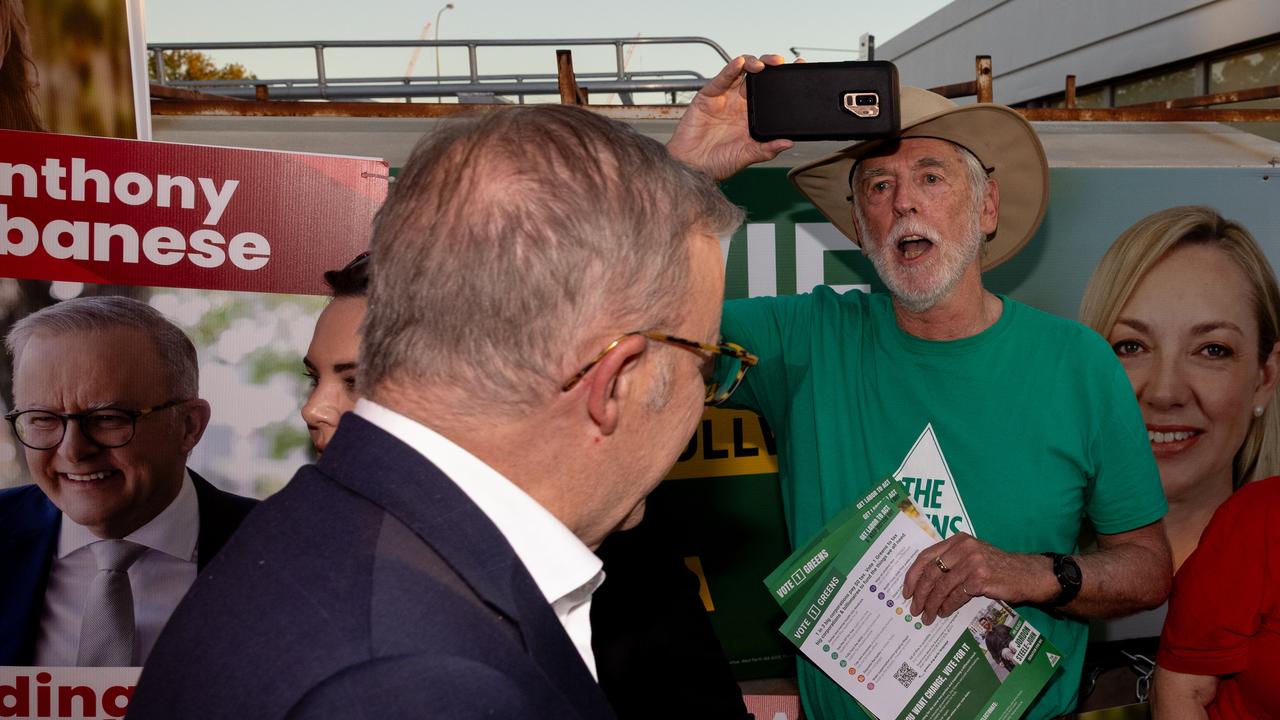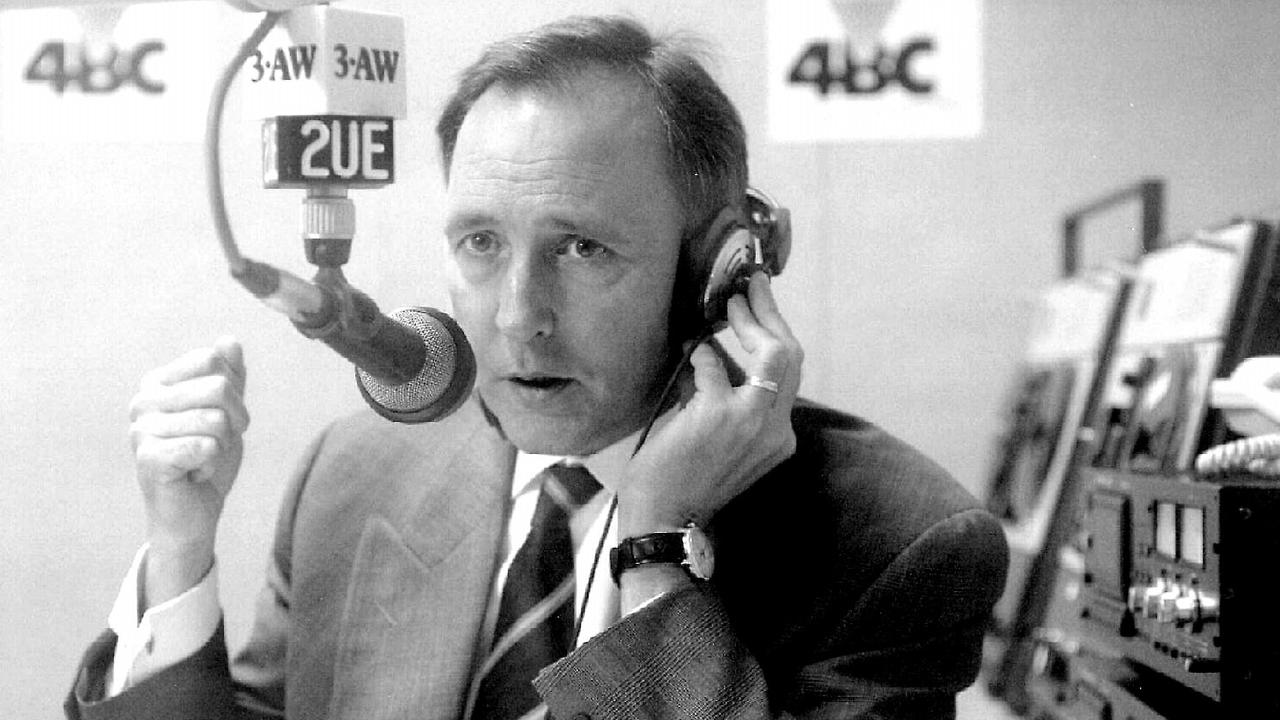Islamophobia is an invisible daily struggle for too many Australian Muslims
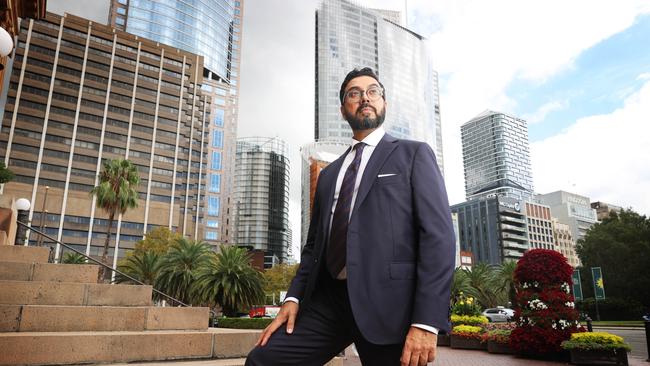
The month of Ramadan is a sacred time emphasising reflection, compassion and community.
That this year the International Day to Combat Islamophobia falls within Ramadan is in equal parts pertinent and poignant.
In a nation celebrated for its rich diversity, Australia’s strength lies in fostering an environment where every difference is celebrated, and every individual feels safe and valued.
However, the Scanlon Institute informs us that more than one in three Australians express negative attitudes toward Muslims. We’re perceived more negatively than any other religious group. And while Islamophobia existed long before the October 7 attacks, incidents of Islamophobia in Australia have reached historic highs as demonstrated by recent events in an alarming trend that demands urgent attention.
While Islamophobia may not always be considered newsworthy, the hate exists. In Australia right now, Islamophobia is a real, pervasive, and often terrifying reality which has devastating impacts on victims and undermines social cohesion.
It manifests online and in person, on social media and in everyday public spaces.
Muslims are being spat at, hit, punched, choked, pushed and verbally abused while they are shopping or simply walking in their communities.
Muslim women, who comprise the majority of targets of Islamophobia, have had their hijabs pulled off. Graffiti attacks have been carried out on homes and public spaces with anti-Muslim hate messages, as well as an online threat calling for a “Christchurch 2.0” killing of Muslims in Australia’s newest and largest mosque.
Muslim schoolchildren have not been spared from Islamophobic hatred.
It also manifests as Islamophobic rage that attempts to inflict life-threatening danger to a prominent Imam and teacher, when he is allegedly nearly run down by a car.
Compounding the problem is that these incidents – rising in frequency – of Islamophobia are often going unreported. This contributes to its normalisation, and to the misconception that such discrimination is rare, or sadly, even “fictitious’’.
This lack of visibility exacerbates the impact of Islamophobia and underscores the need for greater awareness, acknowledgment, and actions to redress these everyday injustices.
Dr Susan Carland from Monash University identifies Islamophobia as “a documented, growing reality” in Australia while Professor Kevin Dunn of Western Sydney University characterises it as “the strongest form of racist antipathy” in our nation.
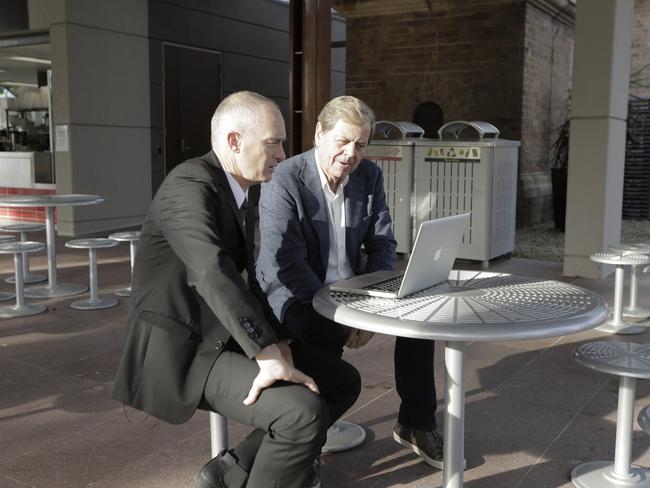
Islamophobia breeds fear, mistrust, and division, and undermines the principles of fairness and inclusivity foundational to our democracy.
We call upon our media and leaders not to perpetuate harmful stereotypes nor create moral panics that fuel fear and shape negative attitudes toward Australian Muslims and Islam.
Islamophobia is something which we must stop ignoring at best, and denying at worst. Importantly, it must be prevented and addressed. Our leaders should stand united in condemning these prejudices and take meaningful action to dismantle them.
Trivialising anti-Muslim hatred undermines our lived reality and contributes to normalising discrimination, mistrust, and hate. This threatens the social fabric of the country which we all are trying to protect.
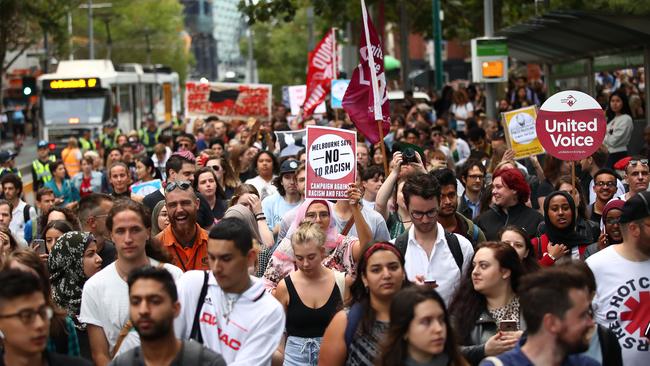
Islamophobia is not merely an issue affecting Muslims; it impacts all Australians. It impedes rational decision-making, influences our collective identity and the values we aspire to. It impacts our mental wellbeing, economic health, social ties, democratic engagement and sense of safety. It threatens us all.
Together, we must cultivate a future where every Australian, regardless of faith or ethnicity, contributes to our shared vision of a peaceful and inclusive society.
We, the undersigned [of this statement], are a diverse group of professionals, charity workers, volunteers, imams and so much more. We are neighbours, brothers, sisters, and friends, united together in our concern about the increase in anti-Muslim hatred.
This statement is amplified by the collaboration of national organisations dedicated to combating Islamophobia and providing support for its targets, Australia’s peak bodies for Imams, Islamic schools, religious edicts, Islamic Societies, and Muslim organisations from all states and territories.
Also included is the national representative body for Muslim university students, and some of the nation’s peak community and social welfare organisations.
Aftab Malik is the Special Envoy to Combat Islamophobia.
More Coverage
